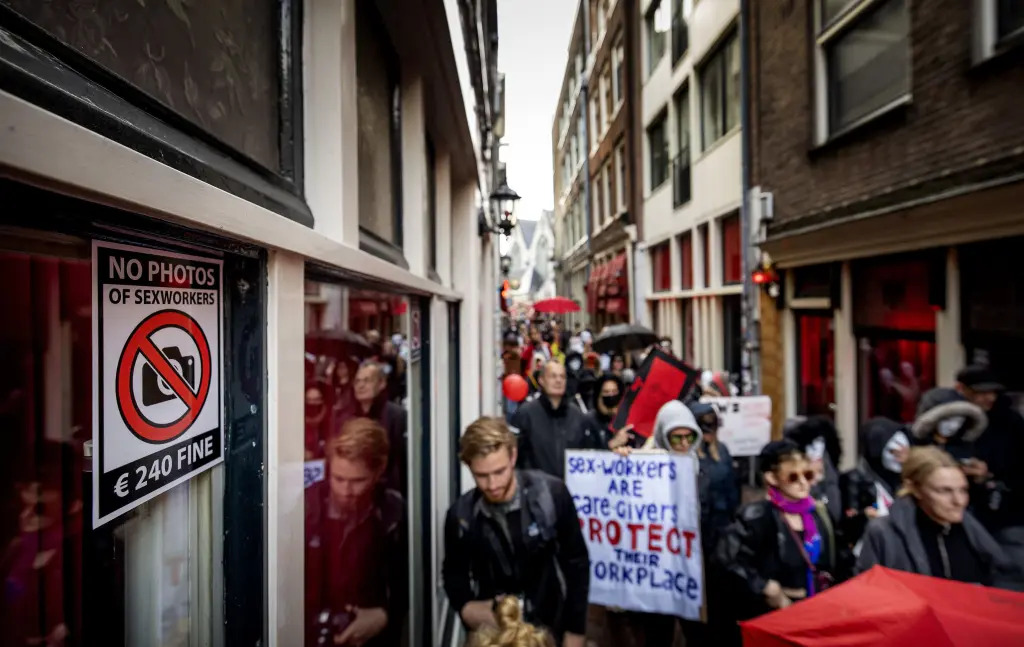In today’s social media-driven world, urban legends spread rapidly and become pervasive. A story about the corruption of the United Hen Harrowing Party caught the attention of the Internet community in Amsterdam. This separated families and caused them distress.
Processes in infection
Sharing our viral story on platforms like Twitter and WhatsApp is a testament to the power of digital storytelling. Charlotte Walton is our heroine and she tells a story so shocking it seems lifted straight from a script meant to shock. She talks about her friend Amelia who was living in London with an acquaintance named Ellie. According to Walton, Ellie told him an embarrassing incident that caused an unimaginable family crisis.
The group of friends who are able to party together and celebrate the taxes on the night of the chicken and the goose are the essence of this story. Their celebration soon takes a disturbing turn when a drunken meeting in the building leads to a tragic revelation that threatens to destroy an already fragile family unit and the two apocalypse their roles after this shock. A father and daughter’s unexpected encounter takes them from drunken accidents to unimaginable heights.
What is the truth?
Many people think so. Skeptics and believers alike have scrutinized this issue. Many noted the tell-tale signs that this is an urban legend such as used records, lack of direct sources, unreliability of information and difficult trust Some people close to what the source is said to have even criticized it, calling it “nonsense.” Being sensitive and lacking verifiable information, uncertainty is expected.
The impact of the Amsterdam story is beyond its truthfulness. In today’s digital age, such stories are used as cautionary tales and express our fears while providing entertainment Social media and memes show the willingness to engage in shocking or funny stories, if even if its authenticity is doubted.
Theory of digital storytelling
This article raises fundamental questions about the nature of storytelling in the twenty-first century. They spread the word quickly. The line between fiction and reality is blurred. Urban legends, once restricted to print or whispers, are gaining popularity online and spreading at an alarming rate.
It doesn’t matter if the story of Amsterdam is true or false, it shows how urban legends can captivate and captivate. The story reminds us of the power of stories, the appeal of cynicism, and our need for more credible stories.
The Amsterdam Hen Stag Do story is a modern urban story. It catches us group unaware, despite its accuracy. Reflecting strong interpersonal relationships, fears of family separation, stories, interests, or the desire to evoke psychological trauma, these stories serve as powerful reminders that despite the digital revolution, story if saying remains the primary force for creating culture.
